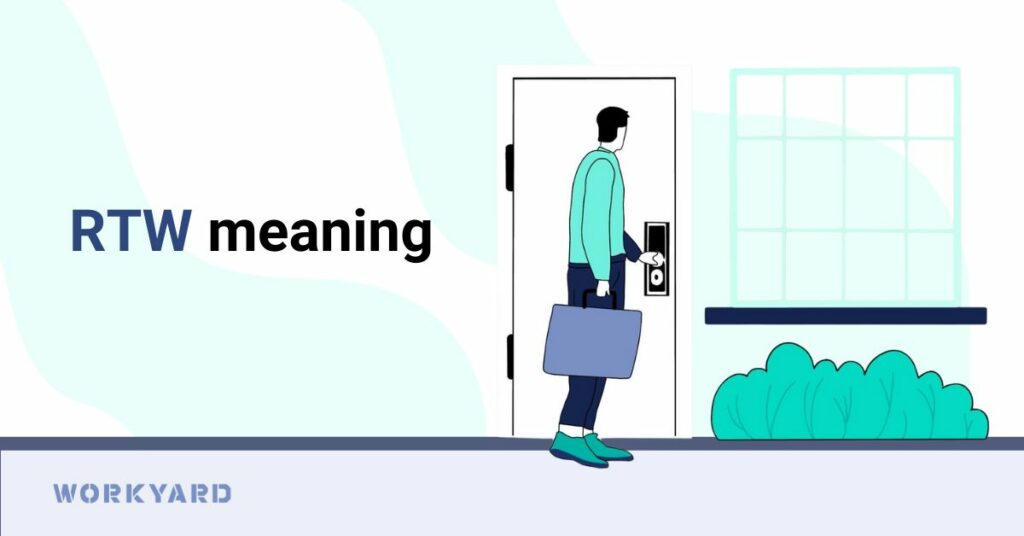Return to Work (RTW) refers to the structured and often multifaceted approach organizations adopt to support employees in resuming their work responsibilities after a hiatus. This hiatus could stem from various factors, including medical reasons, rehabilitation, or personal circumstances.
RTW programs typically encompass several key components, including communication between the employer, employee, and healthcare providers; workplace accommodations or modifications; phased return options; and a focus on the overall well-being of the returning employee.
Central to the RTW process is the consideration of the employee’s health and well-being. This involves collaboration with healthcare professionals to assess the individual’s readiness to return to work, taking into account any necessary accommodations or modifications to the work environment.
RTW often involves phased return options, allowing employees to gradually transition back into their full work responsibilities. This phased approach recognizes that a gradual reintegration can be beneficial for both the employee and the organization.
Clear and open communication is a cornerstone of successful RTW initiatives. Employers, employees, and healthcare providers must maintain transparent and ongoing communication to address concerns, provide updates on progress, and ensure that the return is smooth and sustainable.
Organizations implementing RTW programs must be cognizant of legal and regulatory considerations. Compliance with disability laws, accommodation requirements, and other relevant regulations is essential to ensure a fair and lawful RTW process.
Ultimately, implementing effective RTW programs can offer several benefits for employers, including reduced absenteeism, enhanced productivity, improved morale, and the retention of skilled and experienced talent.

